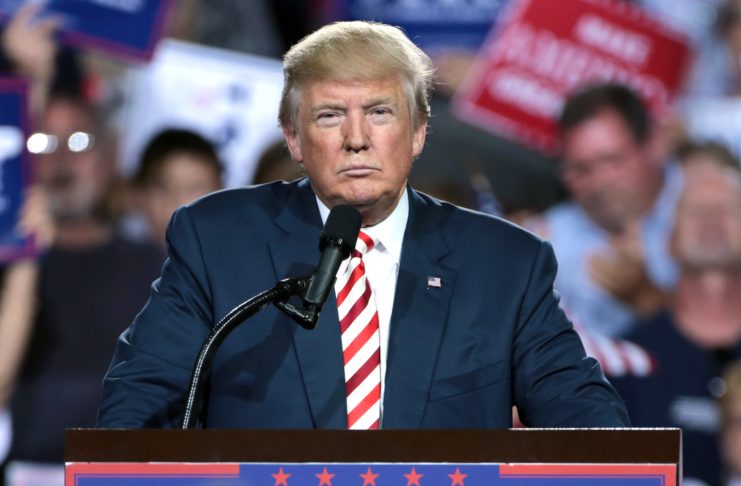SKE English
If rap is anything, these days, it is a ritual of positive psychology. The art of complimenting oneself vigorously to music. The highest aim of rap music then, or rap lyricism at least, is self-fulfilling prophecy: to recite, to intone, to incant, over and over again, hopeful thoughts—in the hopes of bending reality to the designs of one’s words.
One does not need to dig deep to find evidence for this hypothesis. A quick sampling of the rap songs featured on Spotify’s New Music Friday playlist (published this morning) provides ample proof.
You can’t imagine the way that this cash feeling /
Don’t know what’s harder: the first or the last million /
My last album took care of my grandchildren /
—G-Eazy, West Coast.
I go way harder than most of y’all /
One of you dies: I ain’t toasting y’all /
…
I live in the gym: I’m supposed to ball /
—Russ, AINT GOIN BACK
She gone break it down for the Huncho /
One call, she pull up: Pronto /
—Quavo, Emotional
I don’t know if any of the above-mentioned claims are true. If the record sales from G-Eazy’s last album have indeed secured his grandchildren’s financial future, if Russ is truthful in his assessment of going harder than anybody else, or if women are at Quavo’s beck and call obsequiously.
These are artful (sometimes) exercises in positive psychology.
The problem with positive psychology, however, as psychologist Kirk Schneider has noted, is that it often leads to positive illusion, which effectively „distorts reality.“ A Panglossian attitude toward one’s life and actions may stunt one’s psychological growth, may lead to an inability to reflect, may make one vulnerable against biases of various kinds.
If these three pitfalls of positive illusion sound eerily familiar it is probably because they are about as succinct a description of US president Donald J. Trump as one can manage. And rap music is certainly Trumpian, in this sense; it’s not whether the words are truthful or not—they’re aspirational.
„This isn’t reality. But it could be. Couldn’t it?“
All of this bothers me profoundly: that such an easy comparison can be made between arguably the most vile political figure in western „democracy“ today and rap music—that genre of music that has threads of protest and speaking truth to power.
Although, probably, I’m just being a little negative.
Words: RTH

